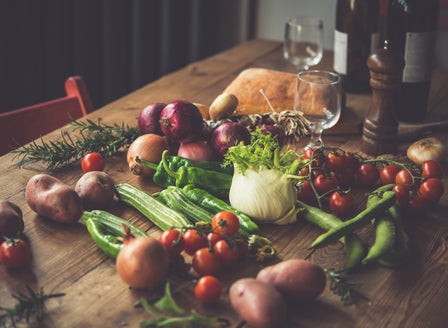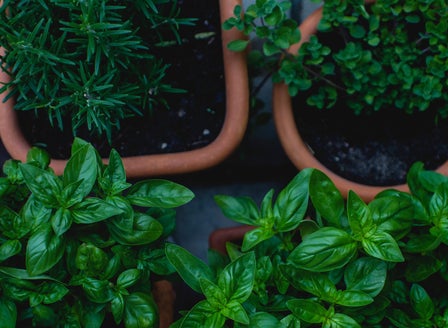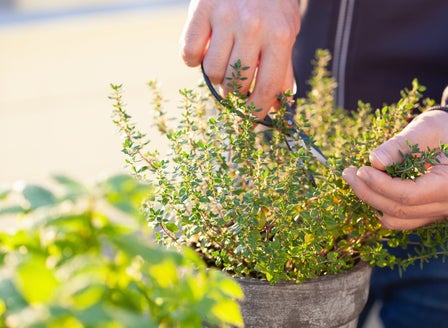Coriander is a annual herb which is related to parsley, carrots and celery and is used by many cultures in cooking. All parts of the plant are used in cooking, use for salads, soups, salsas, stir-fries, and to add freshness to meat and savoury dishes. The leaves are often referred to as Cilantro in recipes. Leaves are best used fresh as they lose their flavour when heated.
Planting Calendar
Coriander can be grown all year round.
Harvest In
30 - 45 Days
Harvest in 30-45 days. Harvest coriander leaves by pinching off only what you need.
Prepare
Position
Coriander likes a position that is predominately in sun but does better when protected from the full scorching sun during the hotter months. Ideally plant in full sun when grown in winter and partial shade when grown in Summer.
Soil
When planted into the ground Coriander likes a free draining soil that is rich in organic matter. To improve the organic content in your soil, break up the soil and add Kings Compost and Kings Sheep Pellets then mix together well. When growing in containers, plant into Kings Container mix. This mix contains added water storage crystals and Saturaid, two products that help maintain moisture in the soil.
Plant
Gently tap the plant out of its pot. Dig a hole twice the depth and width of the plants root ball. Mix Kings Compost into your existing soil at a 50/50 ratio, add Sheep Pellets and Kings Natures Organic Fertiliser, then mix together. Back fill the hole with this soil, so that when planted the top of the plant’s roots sit level with the surrounding ground. Firm the soil down gently and water in well with Aquaticus Organic Garden Booster. Plant your Coriander 30cm apart. When planting into pots, plant into Kings Container Mix.
Care
Watering
Coriander likes to be kept moist at all times, never allow the soil to dry out. In pots it will need to be watered daily.
Feeding
When planted in the ground liquid feed every month with Aquaticus Garden Booster, from Spring through to the end of Autumn, this encourages root growth and increases the microbial activity in the soil. Monthly applications of Kings Sheep Pellets will help with soil conditioning and plant health. If planted into a container, feed with Kings Liquid Fast Food along with monthly applications of Aquaticus Organic Garden Booster.
Protecting
Protect against Slugs and Snails by applying regular applications of Tui Quash, re-apply after rain.
Mulching
Mulch around the base of the plants (make sure that the mulch does not come into direct contact with the stem of the plant) with Living Earth More than Mulch. Mulching helps to reduce weeds as well as aiding the soil to retain moisture.
Spraying
Chewing insects can be an issue when growing Coriander. If required spray with Organic Bugtrol.
Pruning
Pruning is not required for Coriander, regular harvesting is all that it needs to encourage new growth.
General Care
When using sprays, chemicals or fertilisers always read the label and follow the instructions. Apply sprays in the evening to avoid harming beneficial insects.
Expert Tip
Coriander can easily go to seed (Bolt), this usually happens in times of heat, cold, or when the plant experiences sudden changes in growing conditions. Regular feeding and watering as well as planting a Slow-Bolt variety will reduce the chance of this happening.
Tip
Allow some plants to go to seed in the garden, then during spring new plants will emerge.
Frequently Asked Questions
How often should I water coriander?
Coriander likes to be kept moist at all times, never allow the soil to dry out. In pots it will need to be watered daily.
Can coriander be grown indoors?
Coriander can be grown indoors in a sunny spot. Ensure it gets at least 4-6 hours of direct sunlight daily.
When is the best time to plant coriander?
The best time to plant coriander in Auckland is during the cooler months of spring and autumn.
How do I harvest coriander?
Harvest in 30-45 days. Harvest coriander leaves by pinching off only what you need.
Does Coriander require pruning?
Pruning is not required for Coriander, regular harvesting is all that it needs to encourage new growth.


